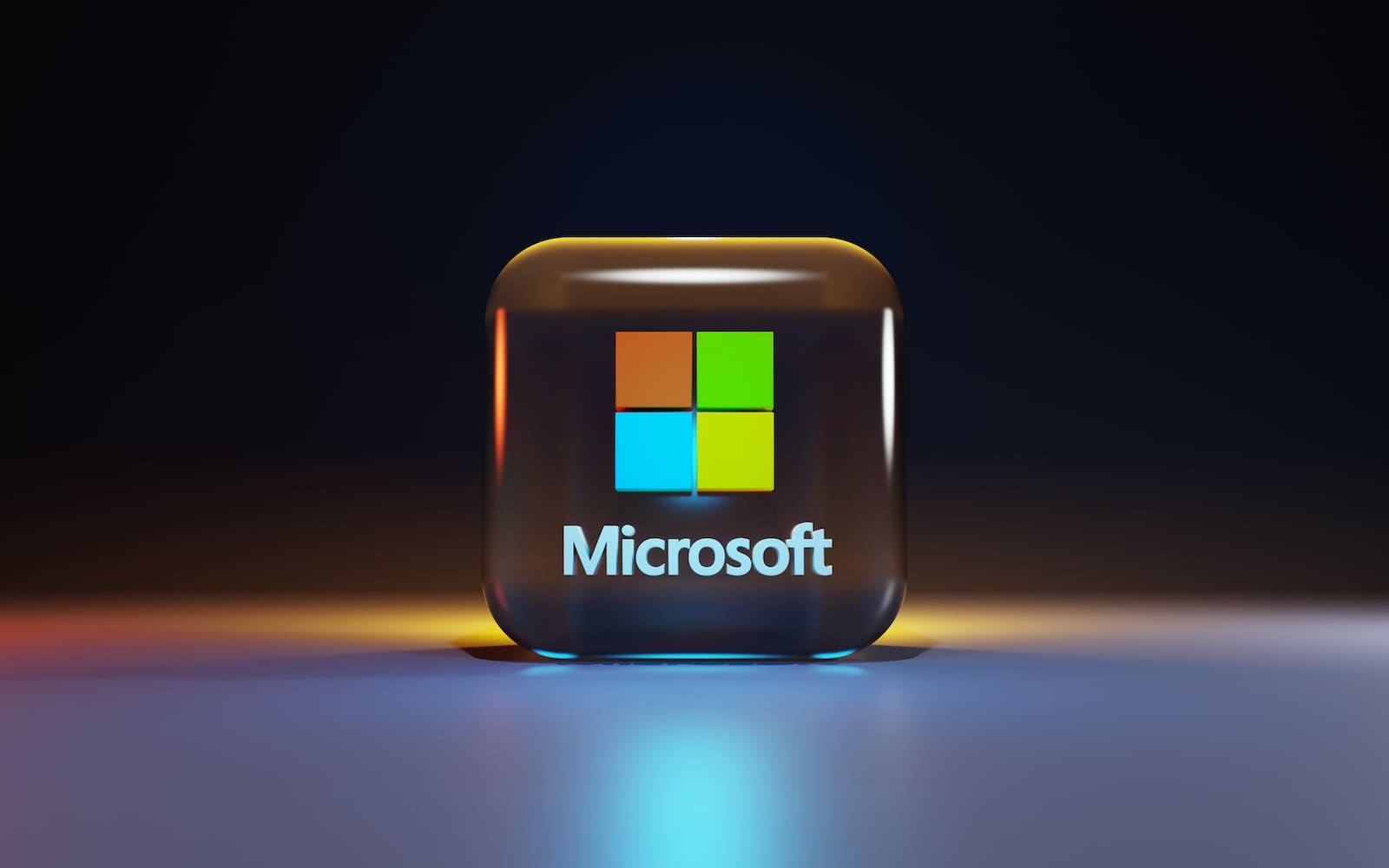Artificial intelligence (AI) is poised to take a qualitative leap in 2025, transforming industries, workplaces, and the everyday lives of people. According to the CEE Multi-Country News Center, AI-driven agents will not only boost productivity but also execute tasks autonomously, optimize workflows, and enable individuals to focus on higher-value activities.
This advancement builds on the achievements of 2024, a year in which tools like Microsoft Copilot seamlessly integrated into daily tasks. The use of generative AI rose from 55% in 2023 to 75% in 2024, with organizations realizing a return of €3.70 for every euro invested. Furthermore, AI is expected to contribute €2.7 trillion to the European GDP by 2030 as its adoption accelerates, and companies begin to see results in as little as 13 months.
Leonid Polupan, Country Manager of Microsoft for Ukraine and the Baltic States, emphasized that “2025 will be a year of revolutionary transformation. AI agents with enhanced memory, reasoning, and multimodal capabilities will change processes across industries, enabling smarter and more efficient interactions with technology.” Polupan also highlighted the importance of establishing boundaries for the autonomy of these agents and maintaining human oversight to ensure responsible and inclusive advancements.
Six Key AI Trends for 2025
- More Capable and Efficient AI Models
AI models will be faster, more efficient, and tailored to specific needs. These advancements will address complex issues in science, law, and health, providing tools for contract comparison, code generation, and workflow execution. Microsoft is focusing on high-quality synthetic data to drive this performance. - AI Agents Redefining Work
Autonomous agents will transform workplaces by taking on repetitive and complex tasks, from solving IT issues to optimizing workflows. Tools like Copilot Studio will empower both technical and non-technical users to create agents, enhancing collaboration and efficiency. - AI Companions for Daily Life
Assistants like Microsoft Copilot will make life more efficient by prioritizing tasks, summarizing news, and providing visual assistance. Features like Copilot Vision will enable discussions and understanding of content users encounter online, improving productivity and engagement. - Sustainable AI Development
Microsoft is progressing towards eco-friendly AI by building data centers that do not use water for cooling and operate on carbon-free energy sources, such as wind, geothermal, nuclear, and solar. By 2030, the company aims to be carbon negative, water positive, and zero waste. - Personalized and Responsible AI
Organizations will have greater control over AI applications, with tools to customize filters, content operations, and safeguards. Microsoft is advancing in testing to address risks such as inaccuracies in AI, empowering businesses to operate responsibly. - AI-Driven Scientific Discoveries
AI is driving transformative advancements in science, sustainability, and health. From weather predictions to drug discovery, AI tools are accelerating research and innovation. By 2025, AI is expected to significantly enhance productivity in tackling challenges like climate change and public health.
A New Era of Synergy Between AI Models and Agents
In 2025, the relationship between how AI models are trained and how they empower intelligent agents will become increasingly synergistic. Individuals and organizations will be able to select or develop models tailored to their specific needs, unlocking greater opportunities for innovation.
Microsoft continues to lead this transformation with investments in AI research, including the development of smaller language models like Phi-3 and enhancements to Azure AI infrastructure. With a focus on responsibility and inclusivity, the company is committed to ensuring that the evolution of AI has a meaningful impact for all.
This article reflects the current reality of artificial intelligence and the projected advancements for 2025, based on the information provided by Microsoft and the CEE Multi-Country News Center.

